

05.09.2025
1208
What is it about? Medicines in Dubai are divided into those permitted and prohibited for import. The Customs Service publishes lists of preparations that are not allowed into the country. These include narcotics, tranquillisers and psychotropic drugs.
What to pay attention to? If a foreigner needs medicines that are on this list, they will need to obtain an import permit, which must be arranged before flying to the UAE. It's also worth remembering that in Dubai itself, several preparations require a prescription for purchase in pharmacies.
All citizens of the United Arab Emirates have access to free treatment in state institutions, whilst citizens of other countries must pay for medical care. They can obtain a National Health Card, which provides a 50% discount on medical services. This document is issued by the country's Ministry of Health and must be applied for. The card costs approximately 180 dollars, and treatment can be received at specific clinics.
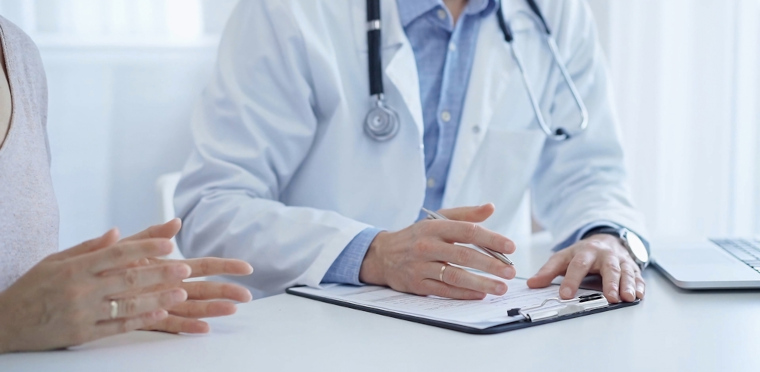 Image source: Volha_R / shutterstock.com
Image source: Volha_R / shutterstock.com
The control over medical institutions in the United Arab Emirates is carried out by state institutions:
Several insurance programmes are available for foreigners and UAE residents. The most popular are:
The latter programme is the most affordable and popular among foreigners, including Russians.
Non-residents are only allowed to not pay for emergency services during urgent procedures and serious life-threatening situations.
In the past, Russian people who didn't know English or Arabic faced problems when visiting medical institutions in Dubai, but today these issues have been resolved in the UAE.
Most clinics (both private and public) have robot registrars that can recognise more than 100 languages. The patient only needs to describe their symptoms in their native language, and the robot will help them choose a specific specialist and give a referral.
The population of Dubai and Abu Dhabi must have insurance policies, while for the northern emirates this requirement is not mandatory, which is explained by the customs and earnings of residents in these territories.
Without a card, you will pay a minimum of 70 dollars for a single doctor's appointment in Dubai. The amount may vary depending on the specialist's qualification and the prestige of the medical institution. Many foreigners go to private clinics for medical care.
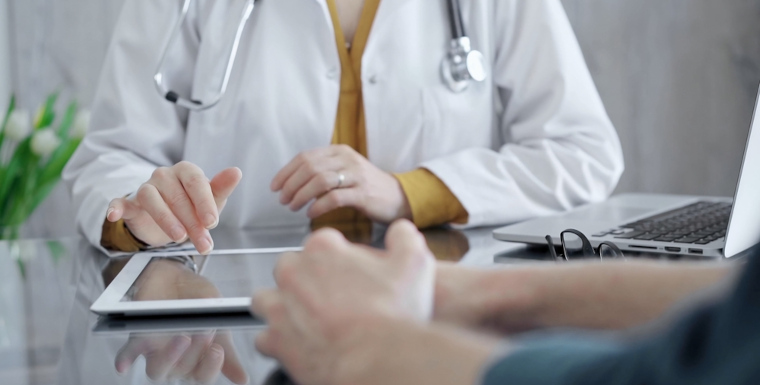 Image source: Volha_R / shutterstock.com
Image source: Volha_R / shutterstock.com
Non-residents of the country must register in the health care system to use medical services. Typically, expats prefer private clinics, but if they need to save money or a critical situation arises, they can obtain an EIDA medical card.
The UAE has a step-by-step instruction for residents, transit travellers and tourists who need to bring medicines into the country. Travellers must have prescriptions for certain medicines, and they should check in advance whether their medicines are subject to control.
Anyone in the country must have a permit to transport and store controlled and semi-controlled preparations. This permission is obtained through the Ministry of Health and Prevention (MoHAP) portal.
Controlled medicines in Dubai are narcotics and Class A psychotropic drugs (CDa). They are usually prescribed to patients with acute and chronic illnesses undergoing hospital treatment. Semi-controlled medicines are Class B drugs (CDb). For uncontrolled and over-the-counter medicines pre-approval is not required.
Controlled preparations include:
Controlled substances are allowed to be transported in the amount required for 30 days of treatment.
Tourists can bring prescription drugs to the UAE for personal use in quantities not exceeding three months of treatment if they have a valid prescription.
It is prohibited to bring banned or unregistered preparations into the Emirates. It is also forbidden to import medicines whose certificates have been revoked.
Additionally, certain medicinal herbs are prohibited in the United Arab Emirates, even if they can be used in the country of departure. For other herbal preparations, the same procedure applies as for regular prescription medicines.
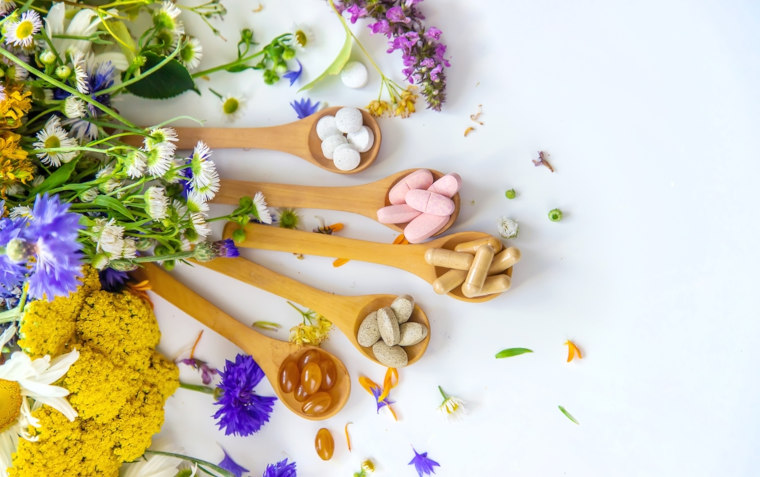 Image source: Tatevosian Yana / shutterstock.com
Image source: Tatevosian Yana / shutterstock.com
For the import of medical devices that contain any of the above-mentioned medicinal compounds, appropriate procedures must be followed.
The procedure for importing medicines into the country was changed on October 1, 2018, particularly regarding the necessity of obtaining permits for transporting certain substances.
A permit can be obtained by filling out a declaration in the electronic services section on the Ministry of Health website.
The application must be accompanied by a copy of your passport, a medical report and a prescription for the specific preparation.
It's important to remember that the last two documents must be supplemented with a notarised translation into English or Arabic.
In the prescription, the doctor indicates the patient's first and last name, the medicine's name in Latin and its daily dosage. If the prescription form is filled out by hand, the handwriting must be as legible as possible.
Within five days, the application will be reviewed by the Drug Control Department (usually, the response comes within 24 hours). The permission is sent to the email address specified in the application. The document must be printed out to present at UAE customs.
Russian citizens can stay in the UAE without a visa for no more than 90 days, so medications that require a permit should be taken in the volume needed for three months of therapy.
Despite the introduction of the electronic permit procedure for medicines in 2018, it is not mandatory. Medications can be imported into the UAE territory with a doctor's prescription.
At customs, Russians need to show their passport, prescription and medical report, accompanied by a translation of the documents into Arabic or English. When entering the United Arab Emirates it is necessary to go through a similar procedure.
Upon arrival at the airport, all passengers must undergo passport control with retinal scanning. Then they pass through customs.
With declared items, one must go through the red corridor; without them — through the green corridor. At customs, selective inspection may also be conducted at the discretion of officials.
Passengers' baggage is checked by special equipment equipped with gas analysers. If items resembling medicines in composition or appearance are detected, the passenger is directed for manual inspection.
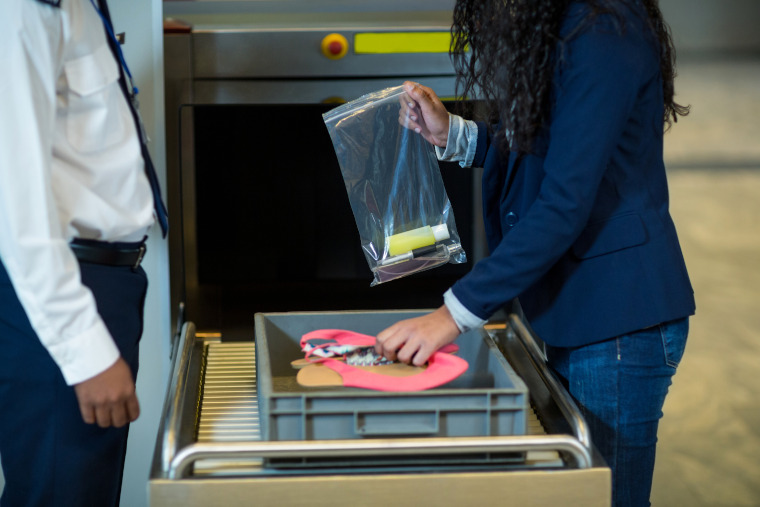 Image source: wavebreakmedia_micro / freepik.com
Image source: wavebreakmedia_micro / freepik.com
If problems arise during customs inspection, don't get nervous. Behave adequately and calmly, and under no circumstances offer bribes or try to negotiate with customs officers.
Corruption has long been eliminated in the emirates, so bribery by a foreigner can result in imprisonment.
The assortment in Dubai pharmacies isn’t very different from other places, but there are some products of their own brands. Their cost can be much lower than popular analogues, so the price of medicines in Dubai should always be checked on site.
In general, preparations in local pharmacies are quite expensive, and if possible, it's better to bring all the necessary medicines with you. This is especially true for prescription drugs.
Dubai pharmacies sell cold remedies, cough medicines, painkillers and ointments, vitamins, homeopathic and disinfectant products.
You can also buy familiar items like hydrogen peroxide, activated charcoal or iodine, as well as various devices (tonometers, glucometers, thermometers, etc.). Coronavirus tests are also freely available.
Dubai pharmacies also offer a wide range of cosmetics and health products. You can easily purchase toothpaste and toothbrushes, shower gel, shampoo, diapers, cotton swabs, sun protection products, children's cosmetics, manicure sets, contact lenses and solutions for them, glasses frames, and feeding bottles.
Remember that antibacterial preparations in Dubai can only be purchased with a prescription, and some medicines (for example, those containing codeine) are on a special list.
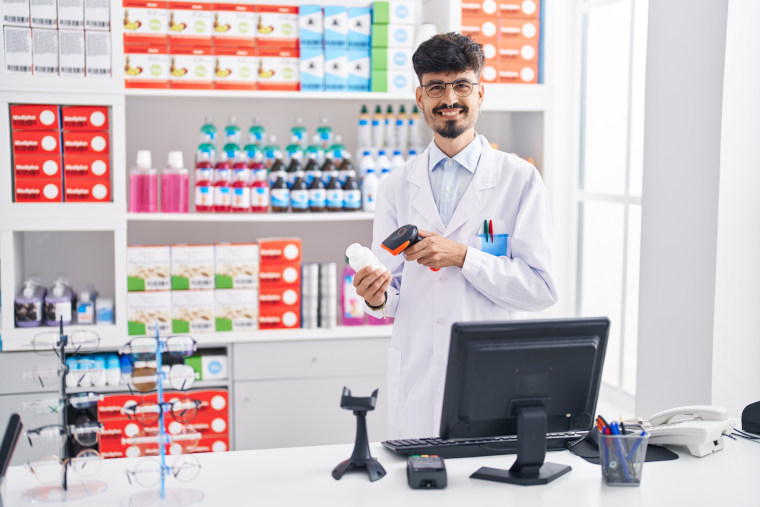 Image source: krakenimages.com / freepik.com
Image source: krakenimages.com / freepik.com
In the city, many pharmaceutical chains operate. The best pharmacies in Dubai include:
Many tourists don't know about the ban on importing codeine into the country, which means carrying codeine-containing preparations can result in heavy fines or even imprisonment.
Codeine is present in many cough medicines, as well as pain-relieving and fever-reducing drugs. For example, it is contained in Pentalgin, Nurofen+, Caffetin, Tetralgin, Sedalgin, Solpadeine, Terpincod and others. It is prohibited to bring not only preparations containing codeine but also certain narcotic and sedative substances.
For example, phenobarbital, which is present in Corvalol and Valocordin, popular in Russia, is prohibited in the UAE.
Such medicines as antibiotics, antidepressants, sleeping pills and painkillers can be bought in Dubai with a doctor's prescription.
You won't have any difficulties with transporting activated charcoal, aspirin or antiseptics.
UAE law prohibits importing 65 types of medicines into the country from abroad. Customs officers have the right to inspect all belongings of arrivals, including searching for prohibited medications. Non-compliance with this requirement results in severe punishment, including imprisonment.
Article header image source: freepik / freepik.com